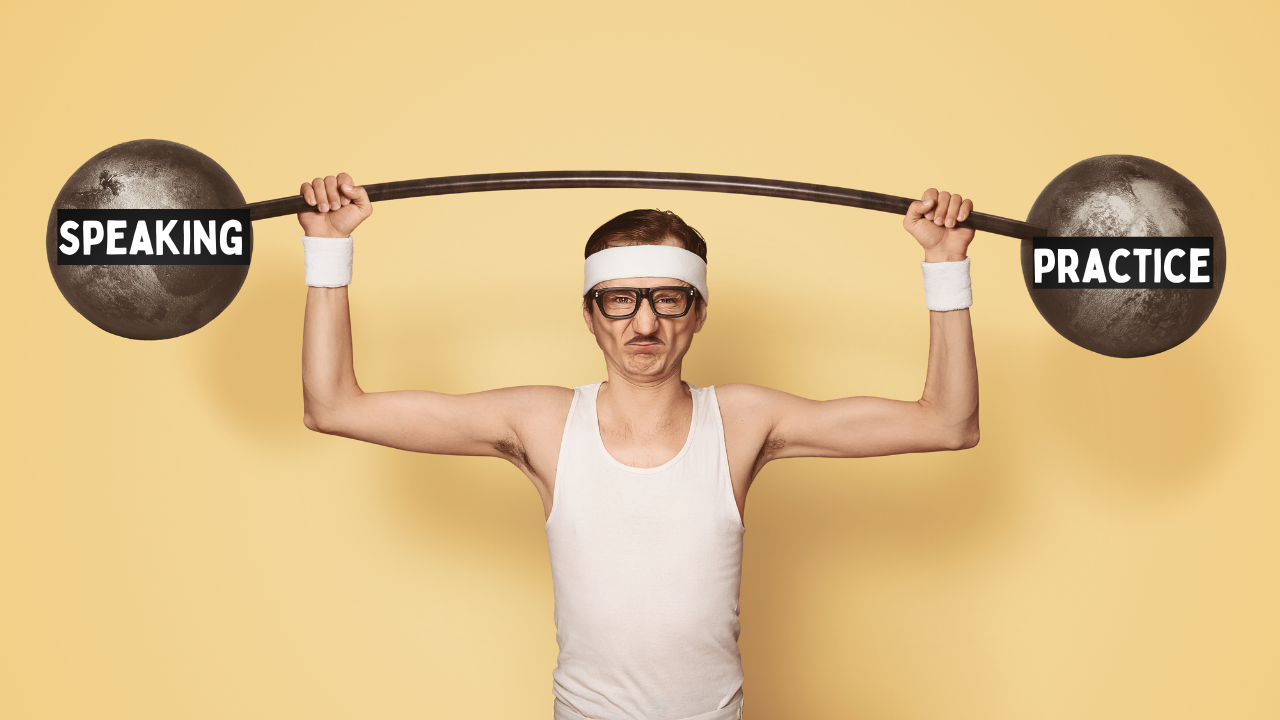5 Things You Need To Know About British English Pronunciation

As you might have noticed, British English pronunciation is a bit different to other English speaking countries. However, most people don't realise that even across the UK, pronunciation changes between accents. The way things are pronounced in London is not the same as it is in Manchester, Birmingham, or Glasgow.
Why Do I Need To Learn British English Pronunciation?
British English pronunciation can be proper confusing for you as an English learner. You spend your time learning standard English pronunciation (whatever that is) but then when you speak to British people, hardly anyone sounds like that. It means it can be hard to actually catch the words they are saying.
Some people also want to sound "more British". This means you need to develop the skills and techniques that are commonly used in UK accents. These are probably pretty different to the pronunciation techniques you learned in school and can be hard to learn.
It can be hard to know where to start when it comes to British pronunciation techniques but in this article you will learn the 5 most important things you need to know if you want to understand British English pronunciation.
Common British English Pronunciation Techniques:
The Schwa Sound
The first thing that you need to know about is how us Brits use the Schwa sound, as it is a proper important technique to master if you want to communicate like us!
The schwa sound is an unstressed, neutral vowel sound and it is usually represented by the symbol: /ə/
It shows up in weak syllables and helps us to connect words as easily as possible. For example, the word “banana” – The second syllable is stressed, so the other 2 “a” sounds become a schwa, making it sound like “buh-NA-nuh” and not “BA-NA-NA”.
This sound shows up a lot in British English, so it is important that you get to grips with it as soon as you can!
The Non-Rhotic R
In British English, a lot of accents are non-rhotic. This means that the “R” sound is not pronounced after a vowel, or at the end of a word.
For example, in the word “car” – the “R” sound is actually silent. It sounds like “Kaa”
This is quite different to American English as they would often pronounce this sound, but in the UK, most people don’t. So if you want to sound more British, you have got to drop that R!
This actually ends up causing quite a big difference in words that end “ER” – for example, brother, mother, sister, father, etc.
First of all, we don’t pronounce the R at the end of the word and the vowel sound usually ends up as a schwa sound. This means you hear things like mothuh, brothuh, sistuh, and fathuh.
This technique is not easy to master, but once you have mastered it, you will sound so bloody British, your mates will be convinced you are a Brit!
The Glottal Stop
I will start this section by reminding you that not all British accents are the same and not all British people do this, but it is really common so you should know about it, especially if you want to live or work in the UK.
Have you ever noticed that British people often skip the “T” sound when speaking? They just kind of pause where the sound should be. Well, this is called a glottal stop.
A glottal stop is when the speaker blocks the airflow in their throat for a second when pronouncing certain words. It is usually when the “T” sound is followed by another consonant sound, however, in some accents, like mine, it also happens when the next sound is a vowel. That’s why I say “Bri’ish”, and not “British”
The Bath-Trap Split
In the UK, there are lots of different accents, and they are often quite different from each other. Especially when you compare accents from the North to those in the South.
One thing that seems to confuse a lot of people who are learning British English is the different “A” sounds. Sometimes it is a long “A” like in car, and sometimes it is a short “A” sound like in bat. Which is correct?
Well, actually both of them are correct. It is all a matter of accent. In the North of the UK, where I grew up, bath and trap both have the short “A” sound so they rhyme.
However, in the south, bath has a long “A” sound, so it is pronounced “Baath” but trap keeps the short “A” sound like it does in the North.
Which one you decide to use depends on the accent you are trying to master. Just remember, they are both correct, in their own way!
The Foot-Strut Split
Just like the bath-trap split above, there is a similar division when it comes to the sounds in foot and strut.
Once again, it depends on the accent, but it is something you need to be aware of. The amount of times people have told me that my pronunciation is wrong is proper crazy!
The difference comes in the “U” sound. In the North, it is common for foot and strut to have the exact same “U” sound in the middle. There is no difference for me when I say these words.
However, it is not the same in the South. Foot and strut don’t sound the same. The “U” in strut is actually a /ʌ/ sound and sounds a bit like the schwa sound we talked about earlier.
It can be really tricky to catch this at first, but with practice, you will get it and then you will be able to understand British people much more easily!
Need a bit more help?
Why not download my FREE 7 day speaking practice planner. It will help you plan your practice so you can focus on your pronunciation skills!
Start Making Real Progress And Communicate More Confidently Today

Download your FREE BritSpeak Roadmap and start building fluency and confidence in English. It will help you...
- Understand what skills you need to work on next
- Make a plan for how to work on those skills
- Learn the best way to make progress quickly
Enter your details below to get the Roadmap for FREE.
You will also be added to the mailing list. You can unsubscribe at any time. I will never spam you or sell your details.







